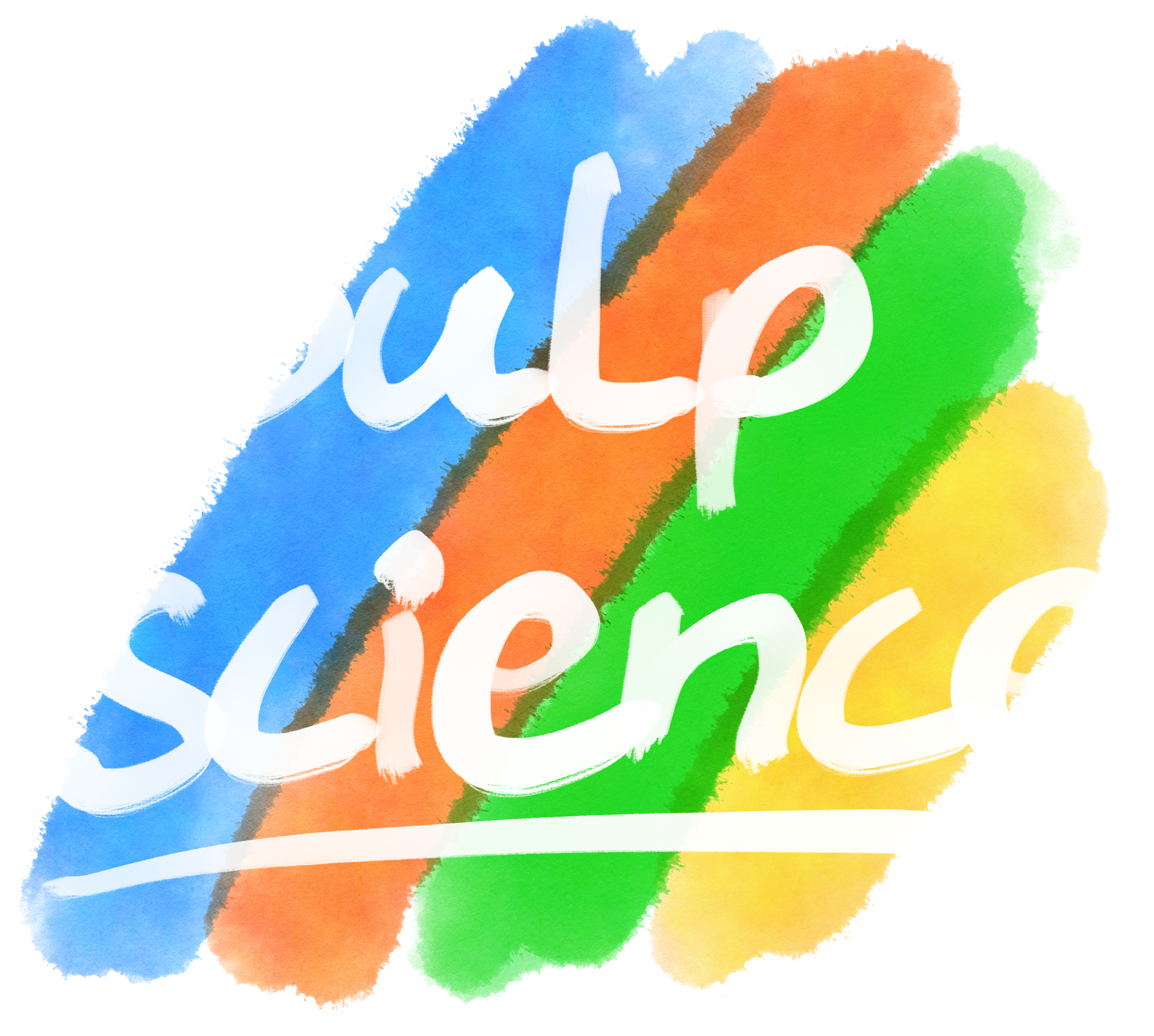
British people must be some of the nicest around. Wanna know how I know? Well there just happen to be a few of them at London Heathrow airport, where I am sitting as I am beginning to write this article, waiting for my connecting flight to Baltimore. It makes me miss the Brits even more in this post-Brexit time.
(Connecting time in London was shorter than I expected, gotta catch my flight. Be back in a minute…)
It does feel weird, finally being on this trip – a trip that I had started to plan around one and a half years ago. Much is to be said about the time it took for this to happen. But it is also the purpose of the trip, which makes me ponder: I am a finished Master of Biology and now underway to Johns Hopkins University in Baltimore to get involved in a neuroengineering project with a local group. Interestingly with barely any training on the ‘neuro’ part and no training whatsoever in engineering. Why? Because I was interested in it (and, as we will find out, because I could).
One of the most attractive features of science must be the opportunities one may be offered. If you want to and are lucky enough, you get to do and see a lot of things. Especially international experiences appear to be a key component of that privilege. After all, research is a world-wide endeavour, spanning nations, cultures and sometimes even conflicts in the spirit of science.
During my Bachelors and Masters time alone, I worked in a group in Germany together with colleagues from Argentina, Mexico, Spain, Indonesia, China, Finland, India, Brazil and the USA. During that time, I reached out to researchers from Japan, Norway, Australia, Scotland, England, the Netherlands and the USA… most of whom responded. At one point in my Bachelors studies, I attended a workshop in Saudi-Arabia of all places (an event that ought to be discussed separately). Had the Covid-19 pandemic not been a thing, then I probably would have written my Bachelors thesis there, attended a conference in Worcester and studied my Masters in London. Now, I am on a plane to the USA and in October, I will be starting my PhD studies in Scotland. I feel lucky to call people from vastly different places on earth my friends and I am sure that there are a few more to come. Hopefully at least, because according to every lecturer ever, this networking is of utmost importance for every young scientist.
So, when it is time for me to throw on my royal blue shirt and black pea coat and hop on a plane, I do feel privileged, somehow accomplished and special. In those moments, I sometimes catch myself enjoying the fact that I give off the impression of some bustling businessperson in their suit, hastily checking their watch to catch their next flight to importanttown. Is it okay to enjoy that? Is it okay to do that? And is that science?
There is this German phrase “Im Dienste der Wissenschaft”, which translates to “In the service of science”. It seems to me that by using this phrase, one can wrongfully legitimise a lot. To give an example, let’s inspect what I am doing right now. There are 13 kilometers of air and some exquisitely fluffy clouds between my buttocks and the Atlantic ocean in this instance, as I am flying to a different continent. My share of emitted CO2 equivalents due to the flight there and back amounts to 2400 kg, using up 160 % of my annual CO2 budget in a 1.5 °C warming scenario on its own (That is according to an online calculator. There are a lot of factors at play here but the bottom line is that I am using up finite resources. I donated money in an attempt to mitigate some of the damage but that does not make the CO2 disappear.). I will then spend three months in the US, conducting research in a discipline that I am not trained in, living from scholarship money, which is partly financed by the government and therewith by the public. In the beginning of the project, I was considering following up with a PhD in that group but by now I have decided that the topic does not captivate me enough to spend years of my life on. Does that not all sound like a huge waste of money and resources?
In a lot of ways, it is. Let us first look at my potential contribution to a better world and it begins with a claim: Science must have no borders. It is in the interest of society for researchers all over the world to be closely interconnected and to share knowledge and technology, for this will yield progress. Were there fewer connections, then science would be slower. Due to a lack of communication, research might even be conducted redundantly, which also wastes money and resources. Interconnectivity also fosters interdependency and cultural exchange, which god knows is what we need in this world right now. Of course, exchange can also take place online and this was the medium of choice for the first three months of my project but online exchange is undeniably limited to theoretic applications. Apart from this, it is difficult to predict the fruitfulness of a cooperation beforehand. A couple of months into my involvement with that group, I was listening to an invited speaker, lecturing about the use of optogenetics in neuroengineering – the former being a point of expertise in my Bachelors and Masters group!
So, will my flight to the US bring peace to the world and produce the next Nobel price-worthy discovery? No, it will not. In fact, if there are any positive impacts of my travel for society, they are probably negligible in the bigger picture. In the end, I am the one who profits from this project. I get to see a different country and I get to learn new skills, which I might not even need in the future. I wanted to do this because I wanted to get out of my home country again and gather new experiences. Science is a means for me to do this but it is not the only or even most important reason. On top of this, it would be taunting to proclaim that mere scientific interest could enable such a project for anyone. I grew up in an academic household and for my whole life, I enjoyed education in a scientifically renowned country for relatively little money. I am receiving a generous scholarship, which covers all of my finances, enabling me to fully concentrate on my studies. I think I have never faced serious discrimination of any sort in my life, which could have impaired my personal or academic development. In short, there is a myriad of reasons why another person from another background might not have been offered this possibility or might not even have had the option to consider, let alone apply for it.
Science should have no borders – none of the national type but also none which would favour one person over the other for reasons that they cannot control. Sadly, as of now, science does and maybe always will and I should be aware that I am on the profiting end of this. I may not be the cause but I am a beneficiary of this system. Maybe this exchange will have some positive impact on the world but its main purpose is me. It is easy for me to get carried away in ideals, wherefore I value being grounded in my ideas from time to time.
For a long time, I was also evaluating whether my determination to do my PhD studies anywhere but in Germany was selfish. After all, Germany had paid for all of my previous education and as soon as I am in the position to substantially pay back, I go somewhere else, because I want to see other places and write an exciting story. Again, I think the essence of science is exchange and financial indebtedness should have no say in the question. But leaving aside the fact that international experience is a sought-after skill, my main motivation for this is personal. It bothers me that I am thereby inadvertently taking advantage of the German public education funding system. The German system, as I have found out over the last months, is fantastic, when compared to elsewhere in the world. However, in this case I choose to put my personal development over such considerations.
In my opinion, you may wear a suit in the lab. It does not get much more scientific than discussing your research with other researchers. Traveling can be part of that exercise, if it is possible to you. And that being the case, I dare say that you can also enjoy those instances, bearing in mind that you are not on holidays. In my case, I should do whatever I can to contribute to the scientific spirit which I have outlined above. At the same time, I ought to remind myself (or be reminded), that I am the primary profiteer of my project and make the most of it for myself. If either of the two is not met, then the entire undertaking probably was a waste of money and resources after all.
